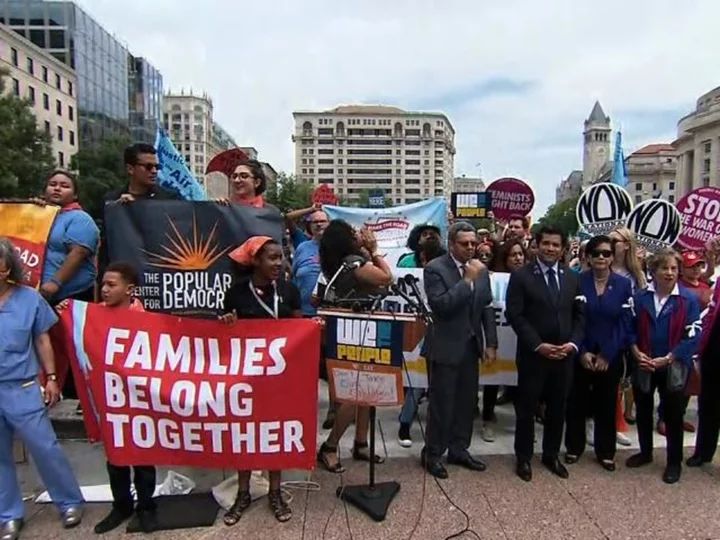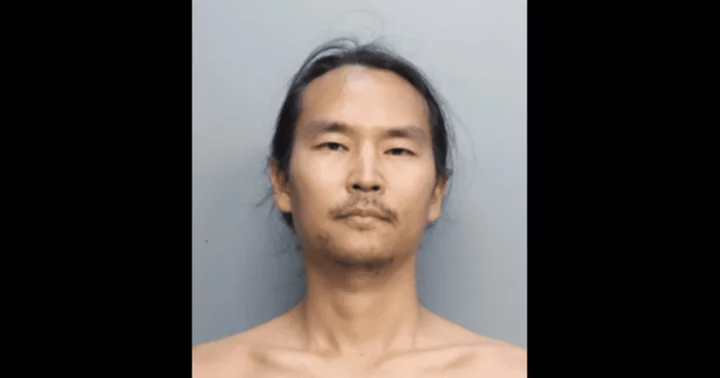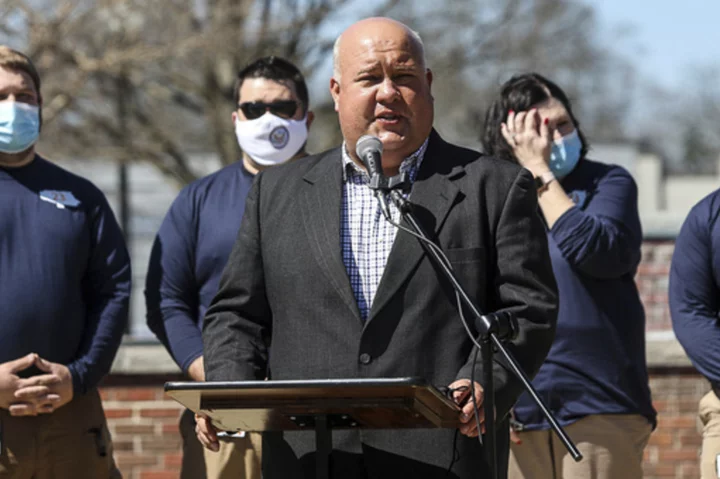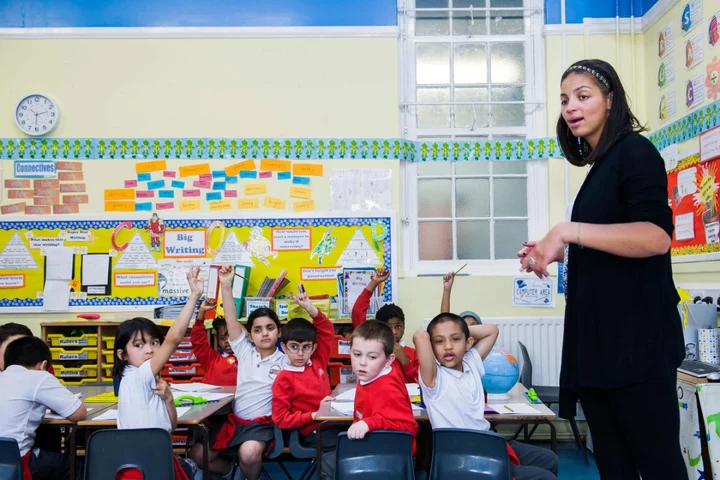The federal government will not be allowed to separate migrant families under a zero-tolerance policy like the controversial measure former President Donald Trump's administration pursued, according to a settlement deal filed Monday.
The settlement also allows those affected by the separations to apply for parole and a work permit in the US, as well as a special asylum process.
The settlement reached between the Biden administration and the ACLU, which still must be approved in federal court, would mark the end of the yearslong case that initially ended the Trump administration's policy.
The settlement agreement outlines standards designed to prevent future family separations, except in limited circumstances, for an eight-year period.
"The fact that someone enters the United States unlawfully is not a basis for future separations. It's only if someone has committed a serious felony offense," a senior Justice Department official said Monday.
The settlement would also set up special support services for families separated at the border under the previous administration, including immigration legal services and three additional years of behavioral health counseling. The settlement doesn't include monetary compensation, which some families are seeking in separate claims.
Under Trump's "zero-tolerance" immigration policy, border officials separated at least 2,800 children from their parents, according to government data. Officials later found that more than 1,000 children had been separated from their families before Trump's policy went into effect in 2018.
The policy was widely criticized on both sides of the aisle and spurred protests across the United States.
In a CNN town hall earlier this year, Trump spoke glowingly of his administration's family separation policy and suggested it could return.
"When you say to a family that if you come, we're going to break you up, they don't come," he said.
Monday's filing stems from the Ms. L et al. v. Immigration and Customs Enforcement et al. case, which was initially prompted by the separation of a Congolese woman and her 7-year-old daughter. The American Civil Liberties Union originally filed the case last year, and it was later expanded to become a class-action lawsuit.
Under the settlement, the federal government will allow those who were separated under Trump to apply for parole and work permits; receive housing, medical and behavioral health benefits; and have access to legal services, as well as a special asylum process.
The current class is roughly 4,000 children, and the settlement applies to both parents and children.
"This settlement is huge a step forward for the families that were so cruelly separated years ago," said Lee Gelernt, the ACLU's lead attorney in the case "It will allow them to reunify and to seek status in the US. Critically, it will also prohibit such a cruel policy in the future. Whatever one thinks about border policy generally, this country must never again enact a policy that rips away little children."
Days after President Joe Biden took office, he signed an executive order creating a task force of federal agencies to identify and reunite families who had been separated at the US-Mexico border under the Trump administration. It's housed in the Department of Homeland Security.
Officials said Monday that the task force has searched through thousands of government records to identify separated families and has reunited more than 750 children with their families and identified 85 additional children who are in the process of being reunited with their families. The task force has also identified more than 290 US citizen children who were separated from their parents, officials said.
"The practice of separating families at the southwest border was shameful," Attorney General Merrick Garland said in a statement Monday. "This agreement will facilitate the reunification of separated families and provide them with critical services to aid in their recovery."









